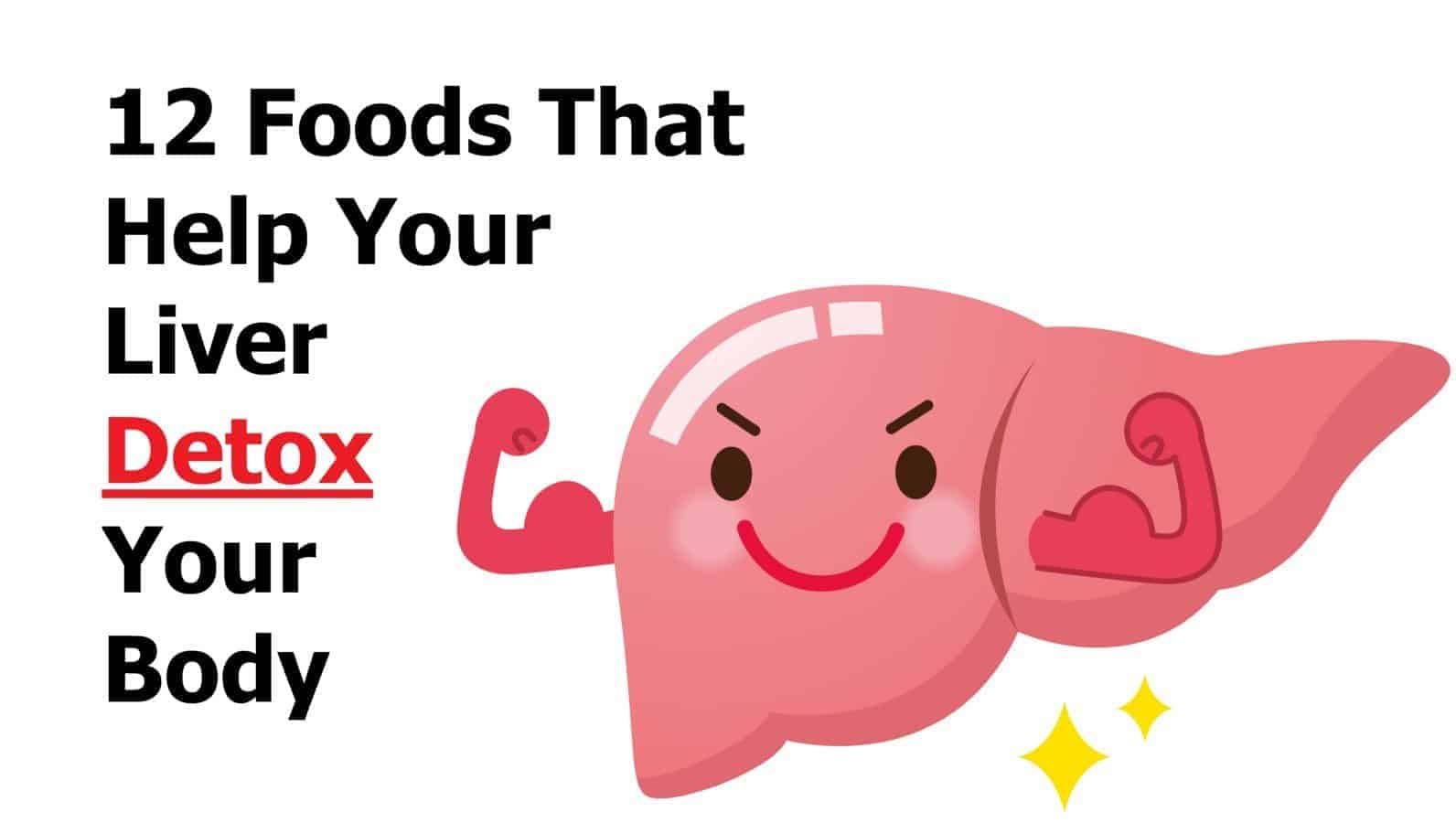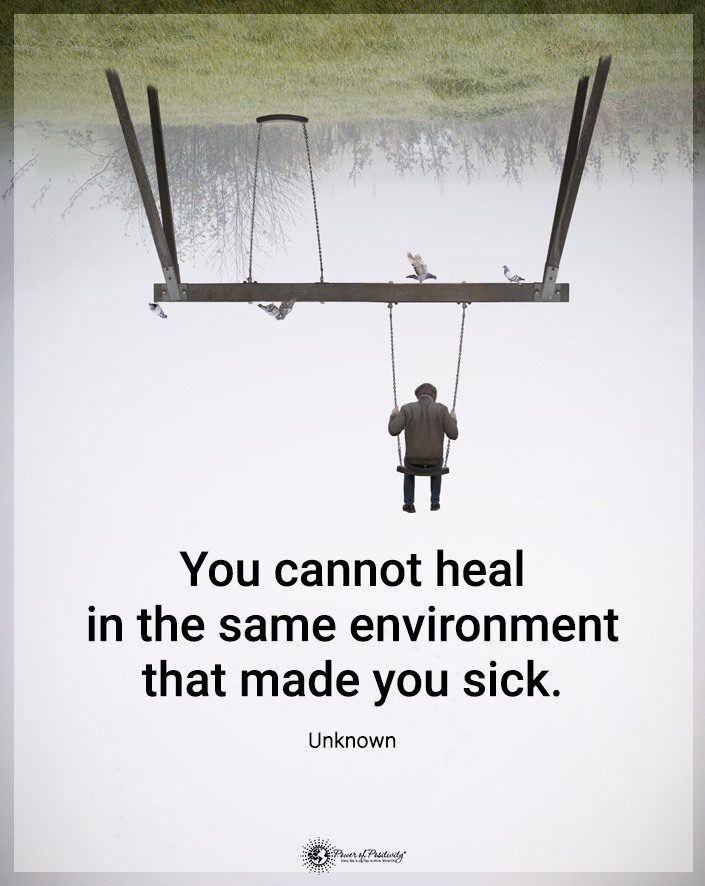Your liver works hard, harder than you might think. As your body’s ultimate filter, it relies on powerful foods that detox the liver to stay strong. By continuously removing toxins, balancing nutrients, and maintaining your energy levels, your liver plays a vital role in your well-being. But here’s the catch: when your liver gets overwhelmed, your entire body feels it. Fatigue, brain fog, and even skin issues can creep in.
The good news? Simple dietary changes can make a big difference. By adding a few powerful foods to your plate, you can give your liver the boost it needs to thrive. Ready to feel lighter, brighter, and more energized? Let’s dive into the best foods that help detox your liver — and your body!
Key Liver Functions
Your liver is a multitasking powerhouse. It’s not just a filter – it’s a full-time manager of your body’s internal balance. Here’s what it’s quietly handling every day:
🧪 Breaks Down Toxins and Medications – Alcohol, medications, and even processed foods? Your liver works overtime to neutralize them.
🔥 Supports Metabolism and Energy Production – It helps turn food into fuel, giving your body the energy it craves.
💪 Stores Essential Vitamins and Minerals – From vitamin A to iron, your liver keeps vital nutrients on standby.
Every day, your liver is hustling to keep you healthy, and it’s time to show it some love!
Risk Factors for Liver Damage
Your liver is a vital organ, tirelessly working to detoxify your body and support overall health. However, certain factors can overburden it, leading to potential damage. Understanding these risk factors empowers you to make informed choices for better liver health.
1. Excessive Alcohol Consumption
Chronic heavy drinking is a leading cause of liver diseases, including cirrhosis and alcoholic hepatitis. The liver metabolizes alcohol, producing toxic substances that can damage its cells over time. This damage impairs the liver’s ability to function properly.
2. Chronic Viral Hepatitis (B and C)
Infections with hepatitis B and C viruses cause liver inflammation and increase the risk of developing cirrhosis and liver cancer. These viruses can lead to chronic liver disease, often progressing silently over decades.
3. Non-Alcoholic Fatty Liver Disease (NAFLD)
NAFLD, characterized by fat accumulation in liver cells, is associated with obesity, insulin resistance, and metabolic syndrome. It can progress to non-alcoholic steatohepatitis (NASH), cirrhosis, and liver cancer if left unmanaged.
4. Obesity and Metabolic Syndrome
Excess body weight, particularly abdominal obesity, along with conditions like type 2 diabetes and high triglycerides, increases the risk of developing NAFLD and subsequent liver damage.
5. Certain Medications and Supplements
Some medications, including acetaminophen (paracetamol), when taken in excessive doses, can cause liver injury. Additionally, certain herbal supplements have been implicated in liver toxicity.
6. Exposure to Environmental Toxins
Industrial chemicals like carbon tetrachloride and natural toxins from the Amanita phalloides mushroom can cause acute liver injury. Occupational exposure to solvents has been linked to toxic hepatitis.
7. Genetic Disorders
Inherited conditions like hereditary hemochromatosis (iron overload) and Wilson’s disease (copper accumulation) can lead to liver damage. Early diagnosis and management are crucial to prevent progression.
8. Autoimmune Hepatitis
This condition occurs when the body’s immune system mistakenly attacks liver cells, leading to inflammation and potential scarring. If untreated, it can progress to cirrhosis and liver failure.
Recognizing and addressing these risk factors can significantly contribute to maintaining optimal liver health. Regular medical check-ups, a balanced diet, moderate alcohol consumption, and avoiding unnecessary medications or supplements are proactive steps toward a healthy liver.
20 Best Foods That Detox Your Liver
Your liver is your body’s natural detox powerhouse. Every day, it filters toxins, breaks down fats, and processes nutrients. But to keep it running at full strength, your diet plays a major role.
Adding liver-friendly foods can boost its ability to cleanse and protect your body from harm. Here are 20 powerful foods that help your liver thrive:
- 🧄 Garlic: Activates liver detox enzymes; contains selenium.
- 🥬 Leafy Greens: High in chlorophyll; neutralize heavy metals.
- 🥦 Cruciferous Vegetables: Boost detox enzyme production; contain glucosinolate.
- 🍊 Citrus Fruits: Enhance detox enzymes; rich in vitamin C.
- 🟠 Turmeric: Contains antioxidants; repairs liver cells.
- 🌰 Walnuts: Assist in detoxifying ammonia; high in glutathione.
- 🍵 Green Tea: Packed with antioxidants; supports liver function.
- 🫐 Berries: Rich in polyphenols; protect liver from damage.
- 🍇 Grapes: Contain antioxidants; may reduce inflammation.
- ❤️🔥 Beets: High in antioxidants; support detoxification.
- 🐟 Fatty Fish: Rich in omega-3s; reduces liver fat accumulation.
- 🫒 Olive Oil: Provides healthy fats; may reduce liver fat.
- 🥑 Avocado: Contains glutathione; supports liver cleansing.
- 🍎 Apples: High in pectin; aid in toxin removal.
- 🌾 Alternative Grains: High in fiber; reduce liver fat storage.
- 🌿 Artichokes: Support bile production; enhance detoxification.
- 🌱 Asparagus: Contains glutathione; promotes detoxification.
- 🍃 Collard Greens: Rich in sulfur compounds; support detox processes.
- 🟩 Spinach: Low in calories; packed with nutrients.
- 🌵 Prickly Pear: May protect liver; contains antioxidants.
Incorporating these foods into your diet can naturally support your liver’s health and its ability to detoxify your body.
Bonus Tips for Liver Detox Success
Supporting your liver’s natural detoxification processes involves a combination of proper hydration, balanced nutrition, and healthy lifestyle choices. Here are some effective strategies to promote optimal liver function:
Hydration Strategies for Optimal Liver Function
- Maintain Adequate Water Intake: Drinking sufficient water aids the liver in flushing out toxins and performing its metabolic processes efficiently. Aim for at least 8-10 glasses of water daily to stay well-hydrated.
- Incorporate Hydrating Foods: Fruits and vegetables with high water content, such as cucumbers and melons, contribute to overall hydration and support liver health.
realsimple.com
Meal Planning for a Liver-Healthy Diet
- Focus on a Balanced Diet: Consuming various fruits, vegetables, whole grains, lean proteins, and healthy fats supports liver function. Fiber-rich foods, like leafy greens and whole grains, aid in detoxification processes.
- Adopt the Mediterranean Diet: This diet emphasizes plant-based foods, healthy fats like olive oil, and lean proteins, which have been associated with improved liver health.
- Limit Processed Foods and Sugars: Reducing intake of high-calorie meals, saturated fats, refined carbohydrates, and sugars can prevent fat accumulation in the liver.
Lifestyle Tips to Complement Liver Detox
- Engage in Regular Physical Activity: Exercise helps maintain a healthy weight, reduces liver fat, and improves insulin sensitivity, all of which support liver health. Aim for at least 150 minutes of moderate-intensity exercise per week.
- Limit Alcohol Consumption: Excessive alcohol intake can lead to liver damage. Moderation is key; if you choose to drink, do so responsibly.
- Be Cautious with Medications: Some medications can affect liver function. Always follow dosing recommendations and consult a healthcare provider regarding potential liver-related side effects.
- Stay Informed About Liver Health: Regular check-ups and being aware of risk factors can lead to early detection and management of liver-related issues.
Implementing these strategies can enhance your liver’s ability to detoxify and maintain overall health. Remember, consistent healthy habits are key to supporting liver function.
Foods to Avoid for Better Liver Health
Maintaining liver health is crucial for overall well-being. Certain dietary choices can adversely affect liver function, leading to conditions like non-alcoholic fatty liver disease (NAFLD) and cirrhosis.
Being mindful of these foods and substances can promote optimal liver health:
- Processed Sugars: Excessive sugar intake can lead to fat buildup in the liver, contributing to NAFLD.
- High-Fructose Corn Syrup: This sweetener is linked to increased liver fat accumulation and inflammation.
- Excess Alcohol: Heavy drinking can cause liver inflammation and scarring, leading to cirrhosis.
- Trans Fats: Found in many processed foods, trans fats can increase liver fat and contribute to inflammation.
- Processed Meats: High in saturated fats and preservatives, these can exacerbate liver damage.
- Fried Foods: Rich in unhealthy fats, fried foods can strain the liver and lead to fat accumulation.
- Salty Foods: Excessive salt intake can lead to fluid retention and liver dysfunction.
- White Bread and Rice: Refined grains can spike blood sugar levels, increasing fat deposits in the liver.
- Soda and Sugary Drinks: High in added sugars, these beverages can lead to liver fat accumulation.
- Red Meat: High consumption of red meat is associated with an increased risk of NAFLD.
By limiting these foods and substances, you can support your liver’s health and reduce the risk of liver-related diseases.
Frequently Asked Questions
1. Are over-the-counter liver detox supplements effective?
Most over-the-counter liver detox supplements lack clinical evidence supporting their efficacy. Some may even cause harm. It’s essential to consult a healthcare provider before using such products.
2. Can liver detox diets aid in weight loss?
There’s no scientific proof that liver detox diets contribute to weight loss. Any observed weight loss is often temporary and primarily due to fluid loss, not fat reduction.
continentalhospitals.com
3. How can I naturally support my liver’s health?
Supporting liver health involves maintaining a balanced diet, regular exercise, limiting alcohol consumption, and avoiding exposure to toxins. These lifestyle choices promote optimal liver function without the need for detox diets.
4. Are there risks associated with liver detox programs?
Yes, certain liver detox programs can pose risks, including liver injury from herbal and dietary supplements. It’s crucial to approach detox programs cautiously and seek medical advice before starting any new regimen.
Keeping Your Liver in the Clear
Your liver works hard, and it deserves some love in return. By adding liver-friendly foods and ditching harmful ones, you’re giving your body a powerful reset. Small changes make a big difference. Swap soda for water. Choose whole foods over processed junk. Your liver will thank you, and so will your energy, skin, and overall well-being.
Remember, a healthy liver is a happy liver. So, treat it right and let it do what it does best, keeping you feeling amazing. Now go on, give your liver some love… it’s been working overtime!



















